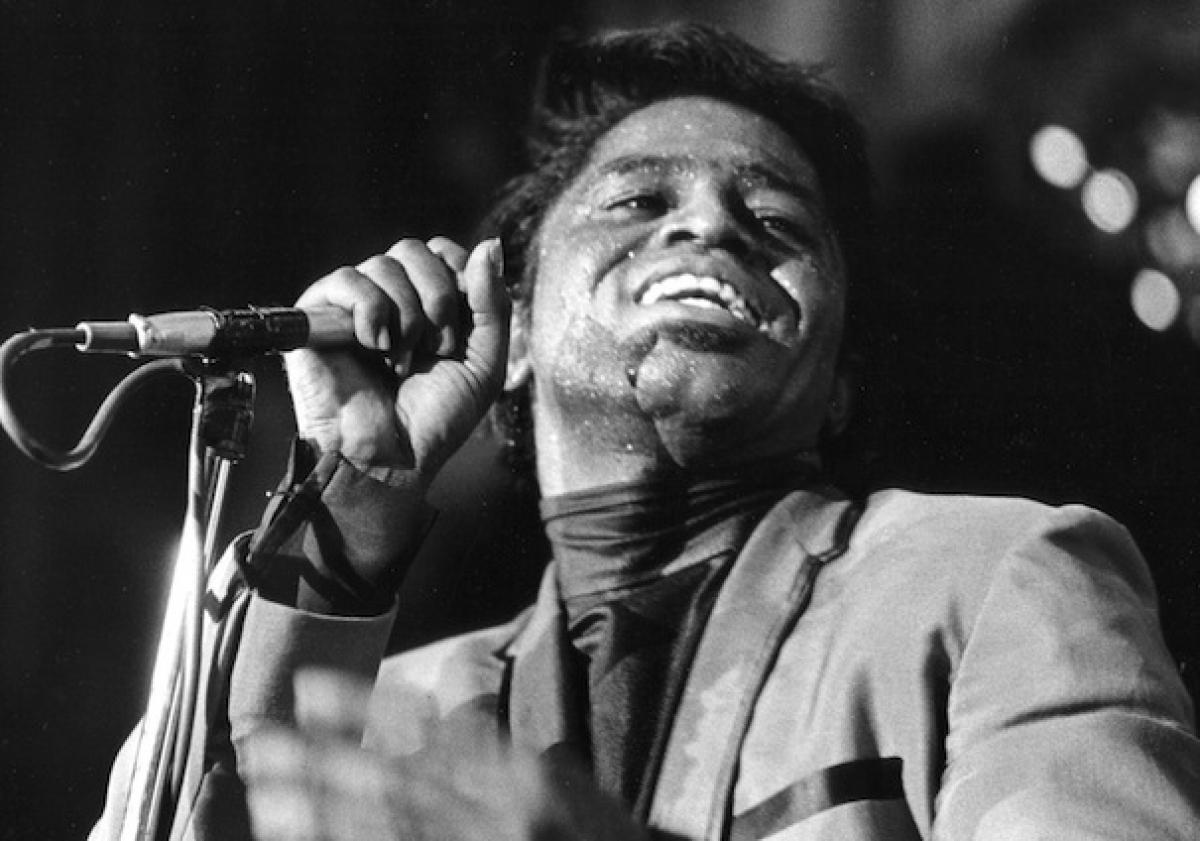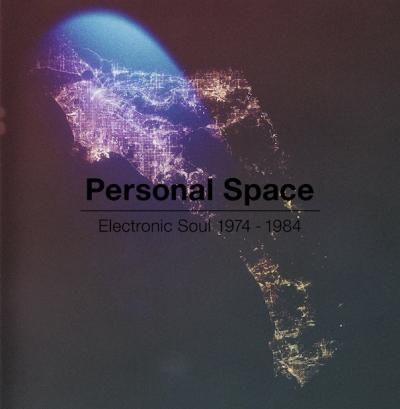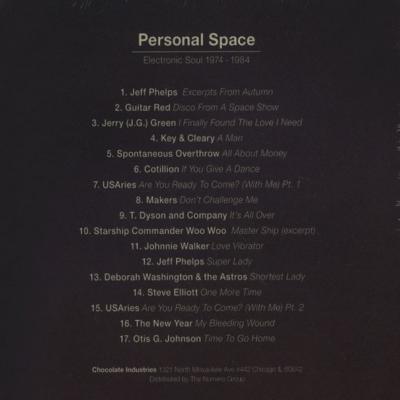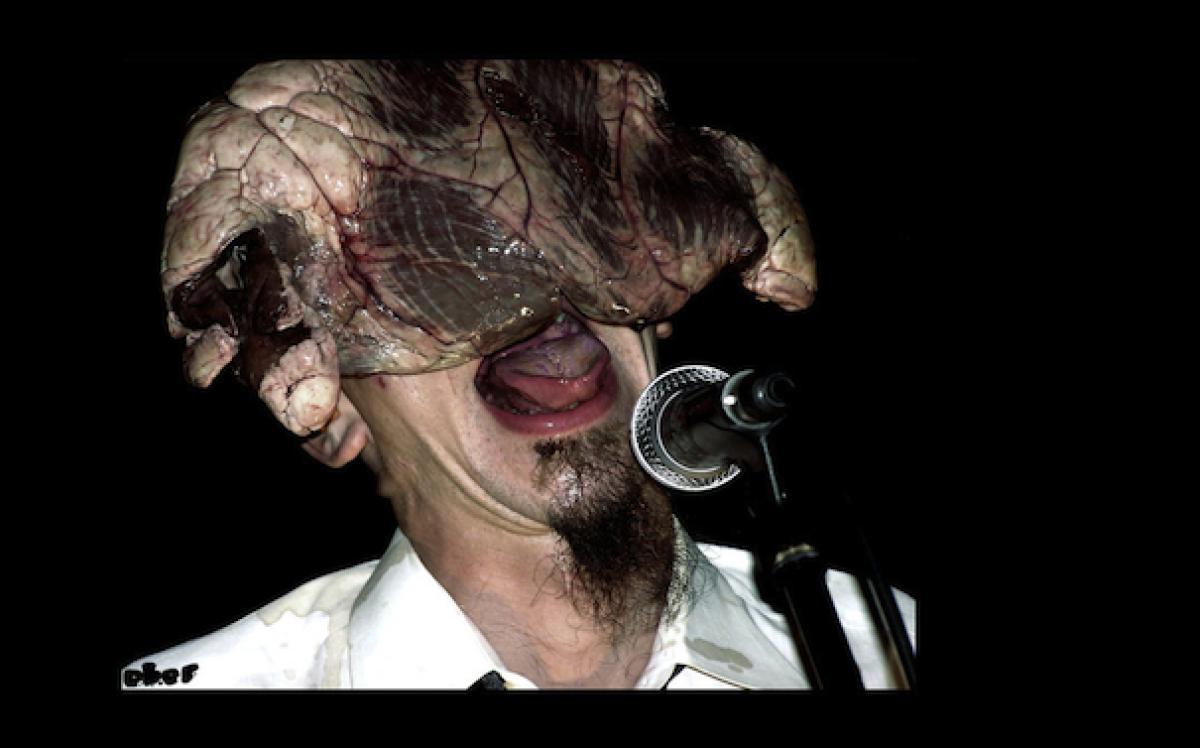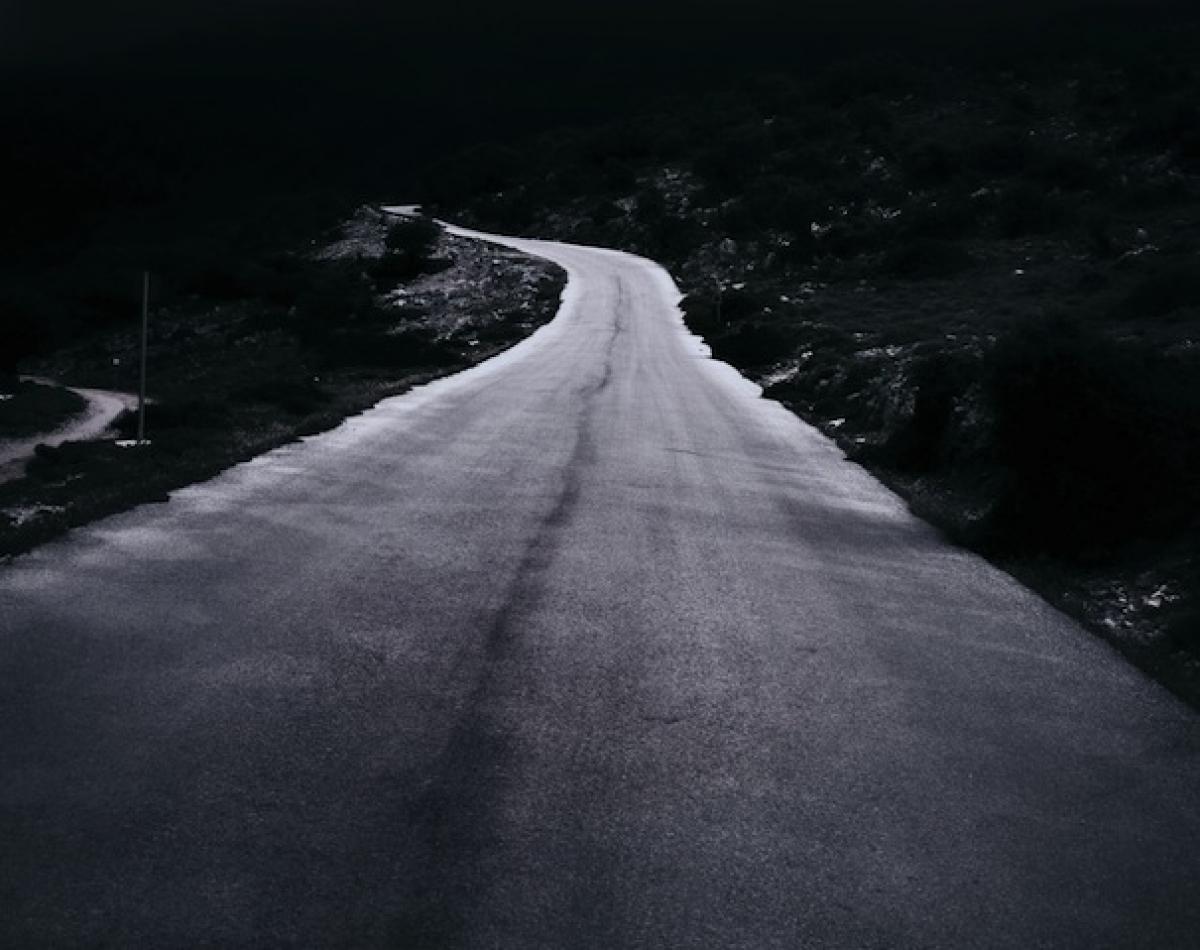
Cast-Netting for Bangladeshi Electronica
Bangladeshi musical output was long dominated by angloamerican producers and isolated from the Asian market at the same time. In the capital Dhaka, recently Faisal M Khan started the Facebook-organized platform «DES» (Dhaka Electronica Scene) – last month it released the first compilation Explorations. In the interview producer and frontman of «The ‹B› Regiment» Khan and his musical combatants Fahad Zaman, Vru Patel, Sathil Rahman, Zayed Hassan and Farzan Hassan tell us about their fast-growing network and the search for an identity of this young and innovative scene.
[Thomas Burkhalter]: Please tell us a bit more about music, sound and noise in Dhaka. What are you guys surrounded with day and night?
[Faisal]: Dhaka's population is more than 15 million and that is only a humble estimate given the city's chaotic nature. One would have expected without doubt that such a city should be a hotspot for musicians but the the lack of infrastructure for independent producers and musicians has resulted into a standstill. The underground band scene has been there for more than a decade now but it's achievements are seriously hindered due to lack of musical outlets and the conservative nature of the country. Electronic music in Dhaka and Bangladesh is quite a new phenomenon in terms of searching it's own sounds. The mainstream media of Bangladesh does not appreciate the diversities in sound. Soundwise, Dhaka and Bangladesh is very isolated from the rest of the world. The radio bombards the masses with mainstream pop music which could have easily been complimented by people who are trying to venture into new sounds. Recently there has been a change in trend as each radio station sports an electronic music show but they are yet to support the local producers.
[Zayed]: I think it will be- Mostly pop, alternative and folk fusions.
[Farzan]: Dhaka is surrounded with various sounds these days. it looks like listeners are not sure what they should listen to. Its because there is no artist (the job of a DJ is still not clear to the people) or media to promote quality tunes. I personally listen to a lot of dance music and I wish there were enough platforms for the dance music artists to showcase their talent.
[TB]: When and how did you start with the Dhaka Electronica Scene? Who are the main actors in the scene?
[Faisal]: I always thought that it's possible to create some sort of a platform for electronic music producers in Dhaka and it led me to form this group. I was initially aware of few producers who were making music independently and unaware of others who are doing the same. It was and still is a digital platform and we are hoping to develop it further.
The first people to support me on this was Omer Nashaad, who is a prominent dj in the local scene and thus adding the dj element to my initial concept and by Vru Patel, who take cares of how DES looks today. Thus, Dhaka Electronica Scene is a collective of music producers and djs. Though it claims the whole Dhaka's scene by it's mere name, there are couple of more collectives who are active and thriving but they seem to concentrate on their Bollywood and Bangla Pop-frenzy.
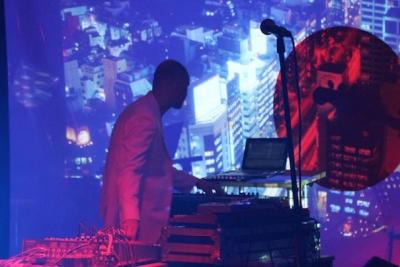
There are other electronic acts from Dhaka which are amazing, most notably «Speakeasy» sessions. In recent times Live Square, a thriving event company are putting up bold shows featuring electronic acts from Europe which deserves an applaud. Not only it's providing new sounds to Dhaka's audiophiles but also providing locals to collaborate internationally. There is no nightlife as we know it in Dhaka but local expat clubs pulls off electronic events frequently and then there are overly priced and musically rubbish commercial parties at hotels.
[Fahad]: With genres such as Rock, Metal, Pop and Fusion acts running the music scene of Bangladesh, Dhaka Electronica Scene (DES) managed to give electronica artists/producers the platform they needed to get their work out there. When I first saw the group on facebook, it seemed to me like an online forum for like minded listeners. But by the first week, everything changed, everyone started posting their work, got feedbacks from other local producers, discussed how they could add this and that to their tracks and so on. To be honest, before DES started, I only knew a couple of people working with electronica. Through DES I've managed to know more artists from Bangladesh and listen to their tracks. DES also acted as a platform for me to put my track out there, before this I didn't have a place to share my tracks and get good feedbacks. Other than that, DES managed to break the ice in the local music scene with the compilation Explorations, this helped local producers to be heard by the nation. A lot of people didn't know about the scene, and with this compilation the scene came to life. Locals got to listen to the sounds of the local producers.
[TB]: What is the Dhaka Electronica Scene about – musically, but also maybe socially, politically, ideologically?
[Faisal]: DES is all about electronic music. Our priority is to build a community that would sustain and churn out good musicians as we are trying our best to get them heard on as many platforms possible. Our activities are still quite limited but we are empowered by each good news we get. It's evident that global music is an one way traffic but we believe we have something to offer as well. I think it becomes a neccessity to form new musical identities in the urban space for new generations in different parts of the world and this is probably our response to it.
[TB]: Indian Beat music was so far produced in the US and the UK mainly. (We for example worked in the UK with musicians from the Asian Underground and the Bhangra scene end of the 1990s - see our documentary Buy More Incense) Then Indian Beat or Electronica music spread to Mumbai, Delhi and other cities. How important were and are these various groups, djs and producers for the Dhaka Electronica Scene?
[Vru]: I think for me, I am not very heavily influenced by Indian beats. I am more influenced by other genre's of music and it's very eclectic. And then I sort of describe what I have to say musicially in an Indian manner I suppose. I think the whole point of DES for me was to show off some of the amazing talent by producers from Dhaka. Almost making a statement that "we too" can make electronica. And it was so diverse in style liked we talked about going from asian influenced electronica all the way to dubstep, trance, techno, and ambient music. So in essense these fine musicians each representing or mastering their own genre are important because they give DES that dynamic diversity that it has.
[Faisal]: I am not comfortable with the term 'Indian Beat', anything South Asian is not Indian neither all Asian Underground artists gave out the same vibe (though Bhangra is a different story). The Indian scene had a domino effect in the rise of electronic music as it was complimented by a thriving nightlife and the Goa culture was there even before and hence it was a fertile land. What you see here in Bangladesh are random individuals from inspired from different sources making music which I think adds on to the diversity. I personally have been very much influenced by the Asian Underground Scene.
[TB]: Overall, when you have to give us an overview over electronic music in India, what are your highlights?
[Sathil]: Indian electronic music does not reach us at all. It's Bollywood that reaches us.
[Faisal]: Sunburn Festival is a eye candy. It will take a good amount of time for something like that to happen here in Dhaka. Indian organizers are gradually increasing their taste for electronic music and that's a good thing. I can atleast take a train to watch a few of them.
[TB]: For the Dhaka Electronica Scene. What are your hopes, what the possibilities and the major obstacles?
[Fahad]: I believe that one day DES will be able to make locals accept electronica like all the other genres such as pop or rock, host concerts and live performances and help local electronica artists.
[Faisal]: DES must sustain! We have a lot of plans and we need to carry them out. The possibilities are immense. A DES Studio which would support DES members is like a dream. We badly need schools where current and upcoming producers can learn the technical bit. It's high time for something like SAE to open up a branch here. There are two in India.
[TB]: What are you future plans with this?
[Faisal]: We are warming up for our next compilation and also developing our label. DES podcasts is also going through the development process. All we need now is a good-looking website and your support!
Biography
Published on September 17, 2012
Last updated on July 17, 2019
Topics
From Bangladeshi electronica to global «black midi» micro scenes.
Why does a Kenyan producer of the instrumental style EDM add vocals to his tracks? This topic is about HOW things are done, not WHAT.
Why Asia is not a continent and how the aesthetics of the NON Worldwide collective create new utopian notions of multi-centred origins.
